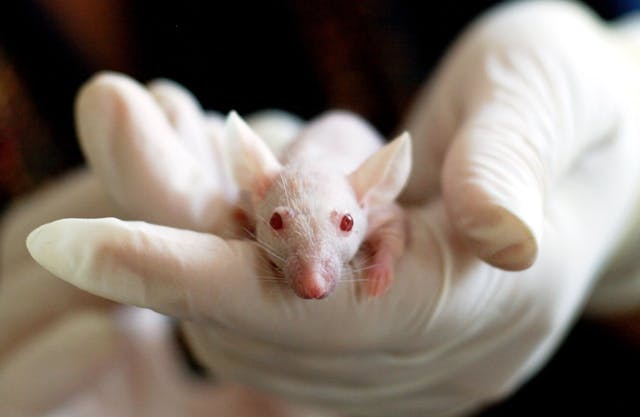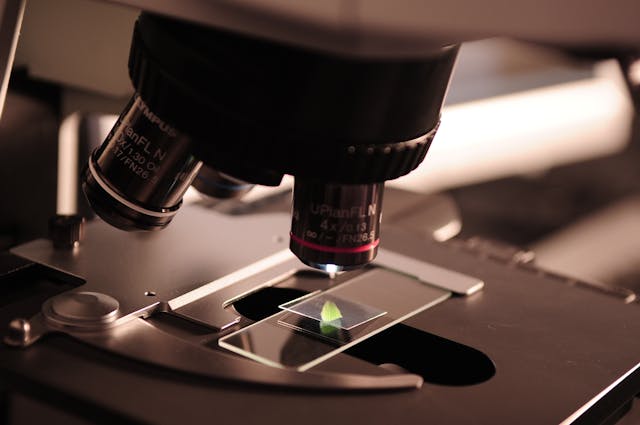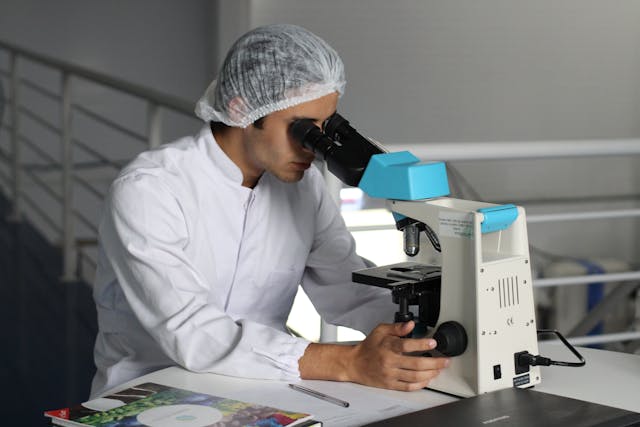
The American Cancer Society reports that prostate cancer ranks as the second most common cause of cancer-related deaths among men in the U.S., trailing only lung cancer. Statistically, about 1 in 8 men will face a prostate cancer diagnosis at some point in their lifetime. While treatment options exist for most cases, some forms of the disease prove resistant to all known therapies, leading to dire outcomes. However, recent research using mouse models suggests that a precursor to vitamin K may help slow the progression of prostate cancer.
Breakthrough Research on Vitamin K and Cancer

Scientists at Cold Spring Harbor Laboratory have made a promising discovery that could change the way prostate cancer is treated. Under the leadership of Professor Lloyd Trotman, researchers found that menadione, a pro-oxidant supplement commonly found in leafy greens, significantly reduces prostate cancer growth in mice. Menadione serves as a precursor to vitamin K, and while this particular study is new, it builds upon research conducted in the early 2000s.
Vitamin E and Prostate Cancer: A Shift in Perspective

A 2001 study by the National Cancer Institute set out to determine whether vitamin E, an antioxidant, could prevent or treat prostate cancer. Originally planned to span 12 years with 35,000 participants, the trial was abruptly halted after just three years. The reason? Not only did vitamin E fail to curb the disease, but it actually led to an increase in prostate cancer cases among the participants.
A New Approach involving Mice

Intrigued by these findings, Professor Lloyd Trotman questioned whether a pro-oxidant—the opposite of an antioxidant—might be more effective. His recent study on mice confirmed his theory. When mice with prostate cancer were treated with menadione, the compound disrupted the cancer cells’ ability to survive. Researchers discovered that menadione worked by eliminating PI(3)P, a lipid essential for cancer cell survival, ultimately leading to the destruction of prostate cancer cells.
Researchers Hope for Success in Human Trials

The team aims to replicate these promising findings in early-stage human prostate cancer research. Trotman explained, “Our target group would be men who get biopsies and have an early form of the disease diagnosed. We wonder if they start to take the supplement, whether we would be able to slow that disease down.”
Interestingly, menadione—initially studied for its effects on prostate cancer—has also shown potential in treating myotubular myopathy, a rare genetic disorder that stunts muscle growth in infant boys. This devastating condition often leads to early childhood mortality, but the study found that depleting PI(3)P using menadione doubled the lifespan of mice with myotubular myopathy—a breakthrough that could have implications beyond cancer treatment.
What This Means for Prostate Cancer Prevention

Although these findings have been encouraging in animal studies, it remains to be seen whether they will hold true in human trials. If successful, this discovery could transform the lives of millions of men diagnosed with prostate cancer, offering them a better quality of life and new hope. For now, this vitamin K precursor is showing remarkable potential, paving the way for a future where prostate cancer is easier to manage.






